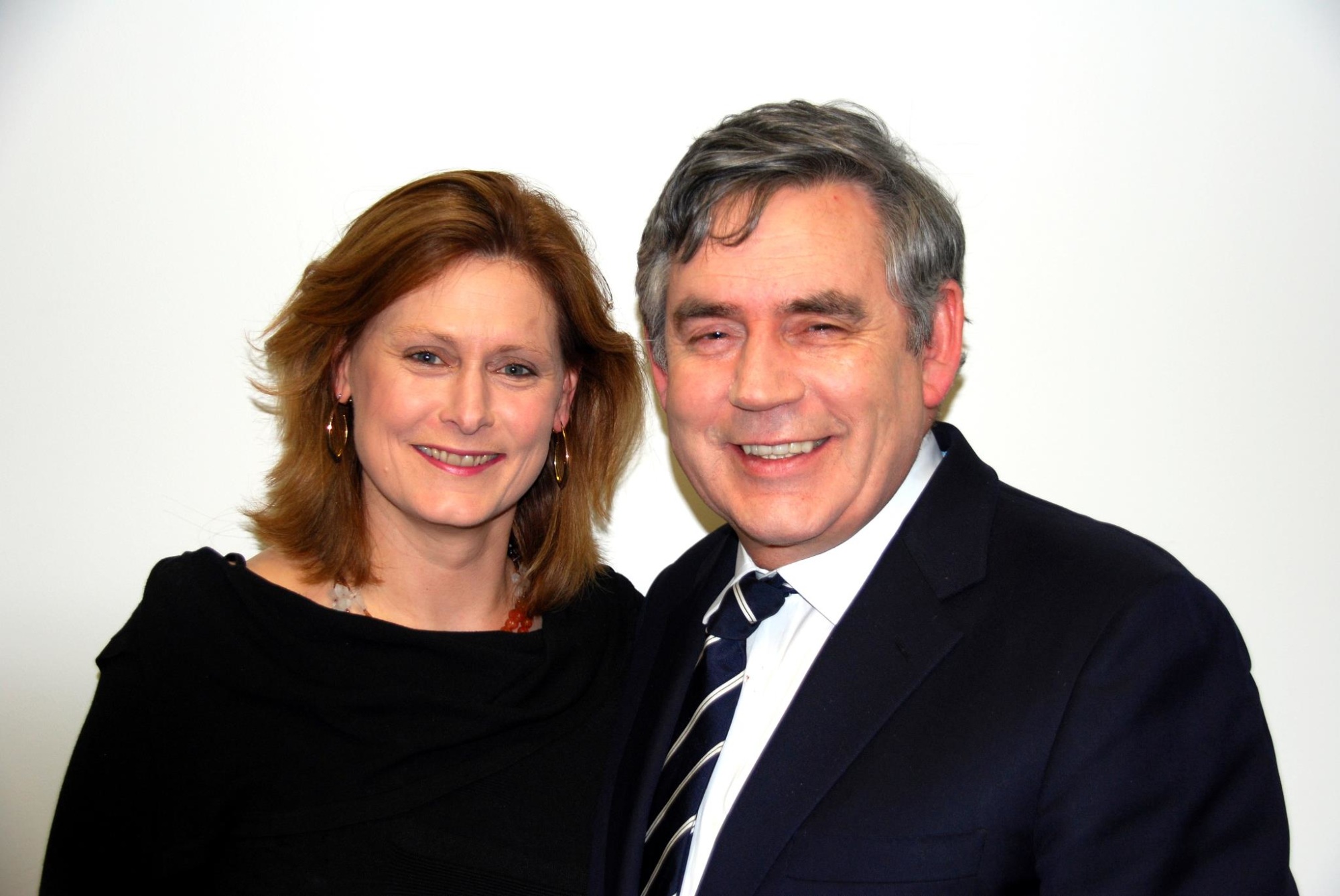
89% of UK’s young people believe education is a right – unless you’re a girl or refugee
Girls' education, Refugees and internally displaced people, Sarah Brown
Theirworld research also reveals that just 62% of British boys aged 16 to 18 think girls and boys have an equal right to education, compared to 90% of girls.
Ahead of International Women’s Day on Sunday, a survey from Theirworld reveals shocking evidence of existing prejudice in the United Kingdom towards young women and refugees.
Although 89% of respondents aged 14 to 30 believe that education is a basic human right, just 44% strongly agree that refugees deserve this right – a far cry from the progressiveness often associated with the younger generation.
The research shows that the UK’s next generation of boys is particularly unlikely to believe in equal rights to education. This contrasts starkly with girls of the same age, highlighting a critical need to rally and mobilise male youth to create a future free from discrimination.
- Just 62% of boys aged 16 to 18 strongly believe that girls and boys have an equal right to education, compared to 90% of girls the same age
- 43% of boys aged 16 to 18 strongly believe that refugees should receive an education in a safe environment, compared to 62% of girls the same age
- 78% of boys aged 16 to 18, compared to 91% of girls, agree that more young people in developing countries should have access to financial support
These worrying findings raise serious questions not only about attitudes in British society but about the fulfilment of the United Nations’ Sustainable Development Goals within this critical decade.
To build a future with real equality, inclusion and opportunity for everyone, we need the support and action of the next generation. Sarah Brown, Chair of Theirworld
SDG 4 strives to achieve “inclusive and equitable quality education for all”. But, if current trends continue, by 2030 more than half of the world’s children will lack the basic skills needed for them to maximise their potential.
For Theirworld, the survey results simply make the need to campaign for quality, equitable education even more urgent and necessary.
Jamira Burley, youth engagement and skills lead at Theirworld, said: “Education is the key which unlocks so many types of change – on climate, health, science and prosperity. We mustn’t lose sight of that.
“Britain is not the only place where such attitudes have hardened. But we believe very firmly that every sort of society will only be successful and become the best version of itself when a quality education is made available to all.”
Sarah Brown, Chair of Theirworld, said: “With just 10 years left to achieve the SDGs, it is shocking that we are facing this level of discrimination, particularly from young people and with such a stark divide across genders.
“To build a future with real equality, inclusion and opportunity for everyone, we need the support and action of the next generation. Without it, we are fighting a losing battle.
“Educating girls and refugees should not be seen as an us and them situation. It is beneficial to everyone. Also, their high achievements at school pave the way for prosperity and change for all.”
With nearly 1,000 Global Youth Ambassadors around the world dedicated to improving education for the next generation, Theirworld has always sought to harness the power of young campaigners in our mission to ensure that every child has the best start in life, a safe place to learn and is equipped with skills for the future of work.
We have helped establish a successful system in Lebanon that has so far provided schooling to more than 300,000 Syrian refugee children, and it is introducing the first significant intervention providing education to school-age refugees in the Greek islands.
Apart from the humanitarian justification for educating refugees, it supports the view of numerous studies that refugee populations bring economic benefits to their host countries.
Against a backdrop of these worrying results within a volatile global landscape, Theirworld is asking for people to take action, sign up to our newsletter and add their voices to a call for positive global change.
The findings are based on a survey, conducted by Theirworld in partnership with Hall & Partners, to assess global attitudes towards education and the education crisis among 1,000 UK-based respondents aged 14 to 30 years. The sample was nationally representative to age and region and gender.
More news

